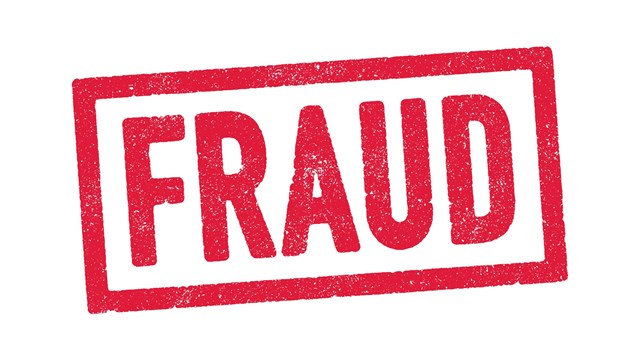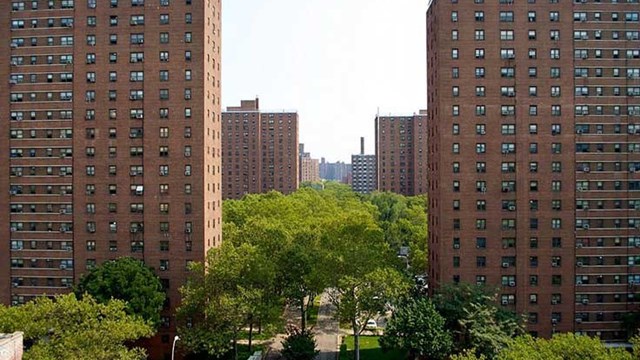
Q. My brother passed away in August of last year. He was a cooperator at Rochdale Village, in Jamaica, New York. When we went to sit down with management, we were informed that the deposit my brother put down in 1992 is all that can be expected to be gotten out of the apartment he lived in for 25 years. My brother owns shares; however, we were told that the shares do not accrue any value above what he paid as a deposit. To add insult to injury, they are withholding the one month vacancy rent (rent for September and October) since his grandchildren reside out of state and the courts maintain they are the ones who have to petition for administrator of his estate. Then they say from the remaining amount of his deposit, they will deduct any repairs to the apartment. I cannot conceive of any development where shares accrue no value. Why issue shares to the cooperators if there is no value attached?
I keep reading about mortgage amortization and would like further clarity over how that impacts the shares my brother owned in Rochdale. Does that mean that a portion of the complex’s interests and share value belongs to him based on his owning shares? Please explain the amortization clause to me where his shares are concerned. My grandnieces and grandnephews are seeking legal representation; however, we need to know if it will even be worth obtaining legal representation if they can only get back what remains of the deposit their grandfather made back in 1992.
—Aggrieved Relative
A. Says Andrew Brucker, a partner at the New York City law office of Montgomery McCracken Walker & Rhoads LLP: “Rochdale Village was created in the early 1960s under the so-called Mitchell-Lama law (named after the two sponsors of the law). In short, the State created this law to help low and middle income persons living in New York. If a family with income within the guidelines wants to purchase a cooperative apartment in Rochdale Village, they would purchase the apartment for a very small sum. When they sold their apartment, they would not be able to sell the apartment for its fair market value, but rather for the same amount as they paid when they purchased the apartment (plus capital assessments and perhaps amortization on any underlying loans).
“In order to help out these families, the government provided low-interest mortgage loans on the entire cooperative, and there would be tax exemptions from real estate taxes. These two items would allow the maintenance (i.e., rent) to be much lower than fair market housing. This housing is so popular that every Mitchell-Lama that I know has a long waiting list.
“What all this means is that the answers to the reader’s question may not be to his/her liking.
“When the brother’s estate goes to sell the apartment, there will be no windfall. The selling price will be the amount he paid, plus any capital assessments, plus amortization of the loan (if the board so elected to do so). That amount, sometimes called equity, is not necessarily given back to the seller, however, as the co-op is typically entitled to renovate the apartment, and deduct the cost of such renovation from the equity. In addition, if the person selling is in arrears, the cooperative may deduct that from the equity as well.
“Amortization is simply the amount of any loan to the extent is was paid back (but not the interest). So, for example, if the co-op has a 10-year self-amortizing loan for $1,000,000 and someone sells after the sixth year of the loan, they would look to see how much of the loan was paid back (which in this case would be about $500,000). Keep in mind that not all Mitchell-Lama allow a shareholder to add amortization to their equity, so each cooperative must be considered separately.
“When the reader’s brother passed away, his family should have probated his will in order for someone to be named his executor. This is the person who will sign the legal papers in order surrender the shares to the cooperative (which in turn will go to the waiting list to find the purchaser). Although this takes time, the estate will be responsible for the maintenance (for a maximum of three months).
“Although the reader believes that all of this is very unfair, the Mitchell-Lama program has helped thousands of New York families remain in New York. A consultation with an attorney who is familiar with this type of cooperative should give him the precise answers he seeks.”









2 Comments
Leave a Comment